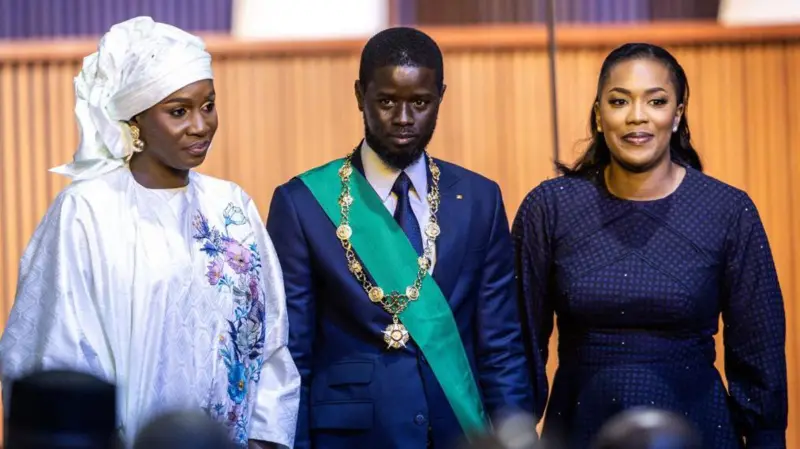Rudolf Gaiseb
Legal practitioners, political analysts and traditional authorities have strongly advocated for the legalisation of polygamy in Namibia.
Even in the absence of any laws to govern this lifestyle, it was recently reported that prominent political and business leaders have pledged to support the cause – financially or otherwise.
New Era spoke to some political party leaders and social actors to obtain their views on the matter.
The matter has the potential to become an election campaign issue.
“We need to decolonise our social lives, as we have been made to believe that human rights from a Western perspective include homosexuality, but not polygamy, in which consenting adults participate.
“The demonisation and stigmatisation of polygamy have by and large been spearheaded by Western governments and non-governmental organisations under the pretext that it is a harmful cultural practice serving the interests of men, contrary to those of women and children,” political analyst Rui Tyitende said.
He recently joined lawyer Kadhila Amoomo after he announced he would seek the legalisation of polygamy in the High Court.
Tyitende believes that the right to culture is enshrined in the country’s Constitution, and several Namibian communities practise polygamy, but are disadvantaged because civil law does not provide couples in a polygamous relationship legal cover and rights.
He further said gender-based violence (GBV) affects men more than it does women: “Men are at the receiving end of GBV, as they tend to suffer psychological and physical abuse from their wives for fathering children out of wedlock. If polygamy is legalised, these social problems can be averted, and social cohesion and the project of nation-building can be consolidated”.
“In 2018 alone, the Windhoek and northern division courts handled
1 442 divorce cases, while 1 297 were finalised that year. Is this not a crisis?” he questioned.
When contacted, Popular Democratic Movement leader McHenry Venaani was not impressed, saying there are more important things to deal with to combat underdevelopment in the country than spending time on issues like polygamy.
“There are social ills of poverty and underdevelopment, housing and unemployment – those are key,” he said.
Upon enquiry, Swapo deputy secretary general Uahekua Herunga said “the party has not discussed the legalisation of polygamy yet”.
Prominent bishop of the Reformed Evangelical Anglican Church of Namibia Lukas Katenda expressed the church’s perspective on the legalisation of polygamy.
“Even if the Constitution makes polygamy a possibility, it does not make it sweet. Marriage exists in the hearts of those in it. I am not too sure our social and economic environment is conducive to such relationships. On both ends, men and women need to have some strong traits to handle plural marriages. It has never been easy from a historical perspective, and I can emphatically state that polygamy or plural marriages will not be a walk in the park.
“But since Namibia is a secular state, cultural enthusiasts are at liberty to practice their cultures. We shall see then if their approach will change things for the better,” he said.
He is of the view that polygamy will not bring about changes.
“It is a time-wasting process in many ways. I am yet to hear the goals and objectives, and whether they are achievable. My point is that there are no developmental objectives. We adopt a wait-and-see approach,” he said.
“Marriages, in general, whether monogamous or not, do not have the magic of preventing GBV. In fact, they can be a haven for GBV,” he highlighted.
Katenda urged Christians to stick to godly marriages, “which are strictly relationships of one man and one woman, in an exclusive yet loving union. Monogamy is the unchangeable standard for Christians no matter the changing circumstances.” -rrgaiseb@gmail.com



